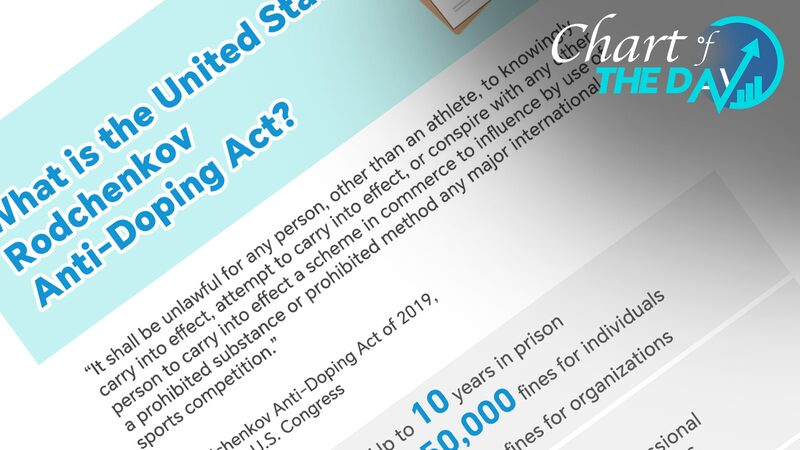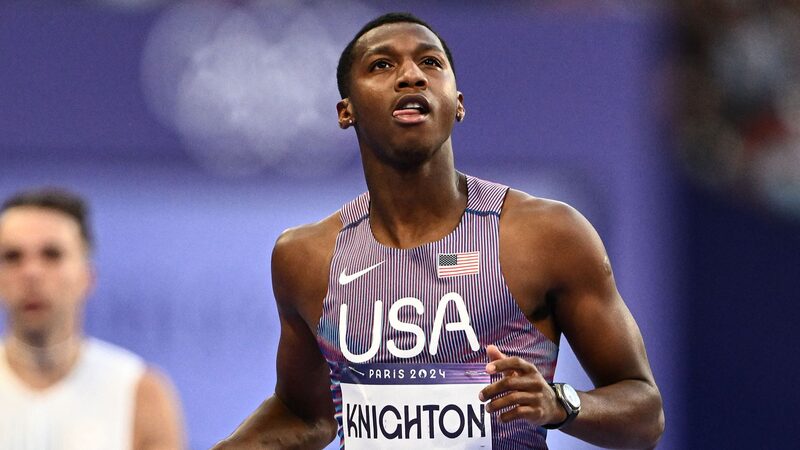The World Anti-Doping Agency (WADA) is preparing to take the U.S. Anti-Doping Agency (USADA) to the independent Compliance Review Committee, a move that could jeopardize the United States’ chances of hosting the 2028 and 2034 Olympic Games.
In May, a U.S. congressional committee urged the Department of Justice and the International Olympic Committee (IOC) to scrutinize WADA’s handling of a case involving Chinese swimmers, invoking the Rodchenkov Anti-Doping Act of 2019. This act allows the U.S. to assert legal authority over international doping cases that affect American athletes or competitions.
The Rodchenkov Act, named after Russian whistleblower Grigory Rodchenkov, grants the U.S. government the power to prosecute individuals involved in doping schemes at international sporting events if U.S. athletes compete or if sponsors are U.S.-based. This law effectively extends U.S. jurisdiction beyond its borders into the realm of global sports governance.
This extension of jurisdiction has raised questions about the balance of power in international sports organizations like WADA. By leveraging domestic legislation like the Rodchenkov Act, the U.S. wields significant influence over global anti-doping efforts, potentially impacting how cases are managed and prosecuted worldwide.
The current tension between WADA and USADA highlights the complexities of international sports law and the challenges that arise when national interests intersect with global regulations. As WADA addresses concerns over compliance, the ramifications could extend to the United States’ role in hosting future Olympic Games, emphasizing the high stakes involved in this jurisdictional interplay.
The situation underscores a critical question: How should international sports organizations navigate the influence of powerful nations imposing their laws on global events? As the world watches, the outcome of this dispute may set significant precedents for the future governance of international sports.
Reference(s):
cgtn.com






